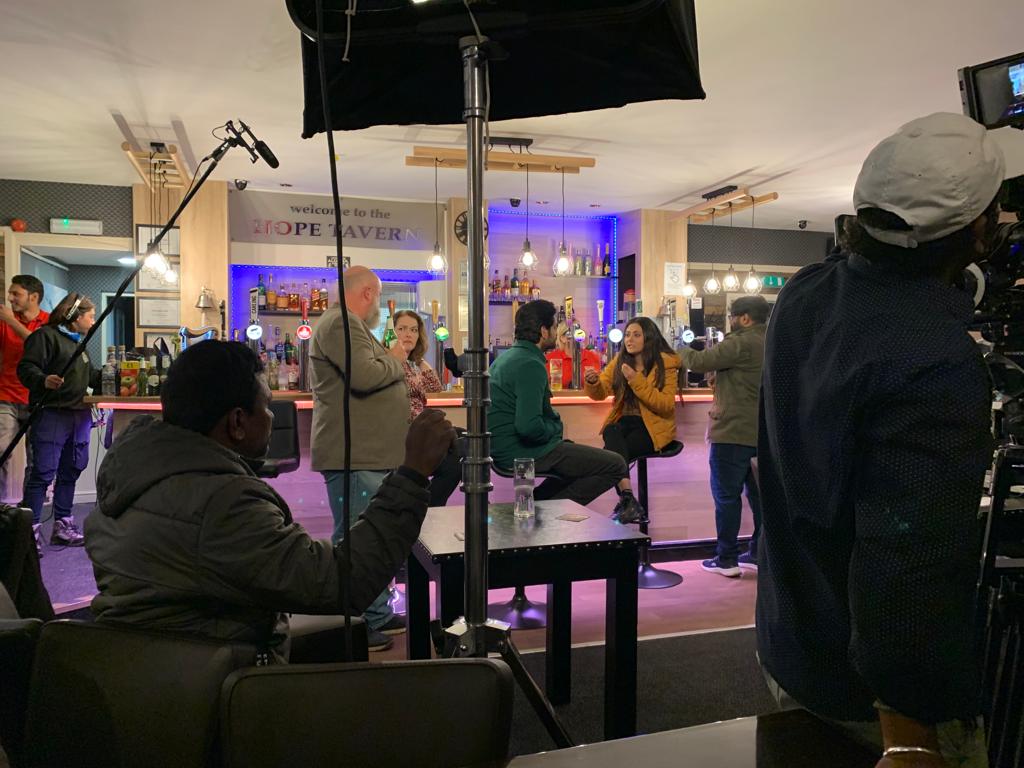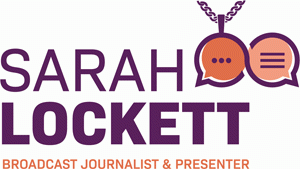Don’t answer that. I see from the internet that some elements that ruin a movie are: a badly written story, unnatural or incoherent dialogue, flat or overdramatic acting, miscasting, cheap set design, flat cinematography, disjointed editing or inappropriate music.
Now, most of these things, I have no control over. My acting, yes – although in my defence SOME of the movies I have acted in, I don’t get the script beforehand (*scream emoji*) and I’m just talked through the scene on the day – by someone with poor English. You have no time to reflect on your motivation – never mind your character, the other characters or the wider film plot (because you haven’t seen it!) I wonder what my old acting teacher would think of this?

Of course, Bollywood movies are a great proving ground, like the old days in repertory theatre when actors had a week to learn a play and a week to perform it, then on to the next thing. I have to work quickly and instinctively. It comes down to: am I a nice doctor or a nasty doctor? A kind teacher or a cruel teacher? I end up being a bit one-dimensional. Seriously, I often ONLY ask: am I nice or nasty?
With a bit more time and rehearsal, and a director who knows precisely what they want, and even time with the writer (on one project, the writer was playing my daughter, so that was fantastic, one of my best performances I think) the result is much better. A completely different league.
Unnatural Dialogue
Just a word on “unnatural dialogue”: the Indian/Bollywood system is to – almost exclusively – dub all the dialogue afterwards in a sound studio. Very often, someone else dubs you. Very often it’s someone with a foreign accent, who is not speaking their mother tongue. It sounds cheap and rubbish. There, I’ve said it.
I have been told that they simply can’t use the sound they record on set because there are always “animals in the street”, cars, traffic, people, noise. And yes, getting sound right on location is a tough job! It needs lots of retakes: there’s always a siren, a car horn, brakes screeching, a plane flying overhead. You can, of course, build a hermetically-sealed set in a sound studio where you can hear a pin drop, but that costs a fortune. So it’s out of the reach of most Indian movies, particularly regional cinema, which doesn’t have the mega audiences or the big budgets. It’s a bit ‘Crossroads’, by the UK’s standards.
Inappropriate Music
The music is another matter. Very often there is quite crass music telegraphing the action in Indian movies – comedies and dramas – Benny Hill type boings and kerrangs. Now, I am not a film composer or an editor, and maybe this approach suits the local market. But it doesn’t travel. Sorry. I don’t mean to be culturally insensitive but it doesn’t work for me.
Flat Cinematography
Again, I am not a cinematographer or a Director of Photography (DoP) and I don’t know one end of a lens from the other, but I can see when the results look classy. Quite often the movies I am in look flat, like a news report, as if everything was shot on the same lens. I’ll let my camera operator friends comment on what makes a scene LOOK good and what doesn’t – but what I think is: with more time to plan a scene, a lot of poor acting could be compensated for by “playing the scene on the other actors” ie focusing on their reactions while the duff actor goes ahead and mangles the scene. I do sometimes notice that this has been done: one actor has most of the dialogue but they’re not “in vision”. The cutaways of the other actors are what’s used.
Google Translate
A final word on dialogue, and I have never written a screenplay, so what do I know? But I am a journalist so I do know something about words. Some of the Indian films I work on are written in Tamil, Marathi or whatever and the producers do a quick Google Translate so that the Western actors know what they have to say. Now, as we all know, Google Translate can produce some pretty mangled results. It’s GREAT for a quick fix, don’t get me wrong, but it’s not Shakespeare or Hemingway. Dialogue is important – every syllable, nuance, choice of words or colloquialism must be right to convey the correct tone and feel. That’s why the English characters in Indian movies can be one dimensional – they’re sometimes given some pretty ropey lines to say, not proper English. The director always asks me to put it into better English – and I am happy to. But you sometimes need a half-hour conversation to understand what the meaning is! And usually they haven’t got that amount of time to babysit their English actors. So we guess, and bodge it together as best we can. On the way home, I often have a Eureka moment when I realise what the meaning COULD have been, how I SHOULD probably have played it. But too late. On to the next one.
Incidentally, I don’t think I am being prejudiced because we in the UK have made our share of cheap TV. With the cast of Crossroads, the long-running British TV soap of the 1960s-1980s, the actors all played their characters for decades, so they knew them inside out. As we saw recently in the ITV series Nolly, the main actress Noelle Gordon slightly bossed around her directors and producers because she’d worked on the series for longer than anyone and knew what would work, what everyone’s motivation was, and what the plotlines were – going back years.
But I don’t have that luxury, so I am just trying to do the best I can on really short timelines, with very little preparation or input from others, and using these on-set experiences as training. I know that some of my performances aren’t Meryl Streep and the movies certainly aren’t going to be troubled by the Oscars anytime soon, but I am inching forwards and learning. And there’s a lot to be said for that.


